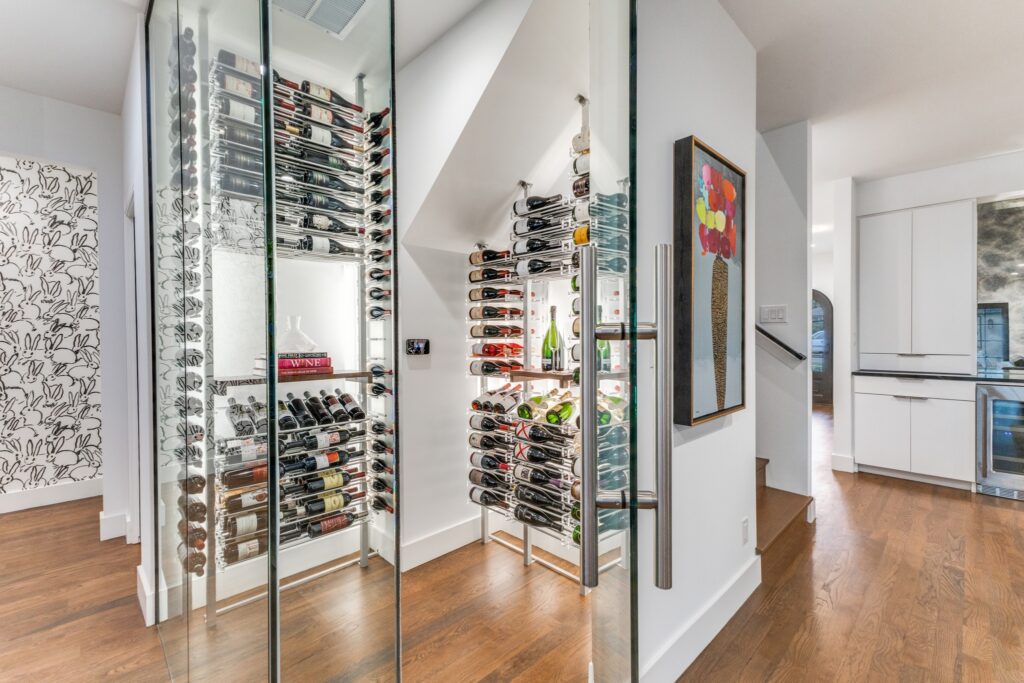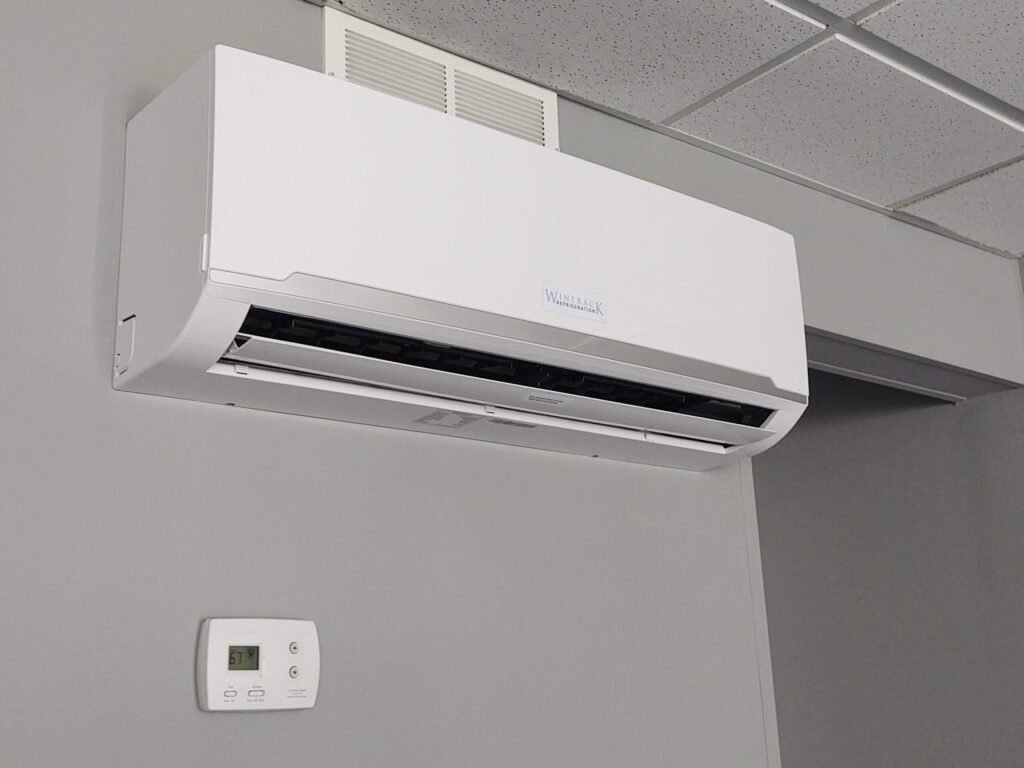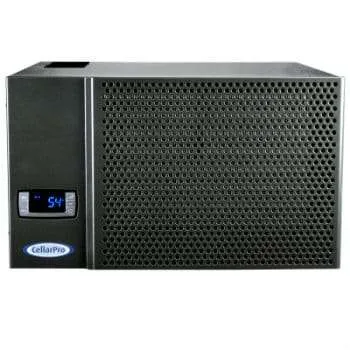You’ve invested in a beautiful wine cellar, a wine cooling unit, and a collection of precious bottles. You’ve controlled the temperature perfectly, but have you considered the humidity? It’s the silent, often overlooked factor that can make or break your wine collection. So, does your wine cellar actually need a humidifier?
The short answer is: Yes, absolutely. While a cooling unit is essential, a humidifier (or a cooling unit with a built-in humidification system) is what truly protects your wine for the long haul. Let’s dive into why.
The Science Behind the Cork: Why Humidity Matters
It all comes down to the cork—a natural, porous material that acts as the wine’s guardian. This tiny stopper has two critical jobs:
Keep oxygen out of the bottle to prevent oxidation.
Keep the precious liquid in the bottle.
When the air in your cellar is too dry, it directly attacks this vital seal. The cork will gradually lose its moisture, shrink, and become brittle. Once this happens, the seal is broken.
The Consequences of a Dry Cellar
A compromised cork leads to two devastating problems:
Oxidation: Oxygen seeps into the bottle, causing the wine to spoil. Your vibrant red or crisp white will turn into vinegary, flat liquid. This is an irreversible tragedy for any bottle.
Ullage (Evaporation): Wine slowly evaporates through the dried-out cork, leading to a lower fill level (or “ullage”) in the bottle. Excessive evaporation not only means you get less wine, but it also accelerates oxidation.
In short, low humidity doesn’t just risk a single bottle; it risks devaluing your entire collection.
The Goldilocks Zone: What’s the Ideal Humidity Level?
Just like temperature, humidity has a perfect range. The generally accepted sweet spot for wine storage is between 50% and 70% relative humidity. Around 60% is often considered ideal.
Below 50%: The air is too dry. Corks begin to dry out and fail over time.
Above 70%: While not directly harmful to the wine, excessive humidity can promote mold growth on labels, glue, and cork capsules. This can damage the aesthetics and potentially the value of your bottles, even if the wine inside is safe.
Do All Wine Cellars Need a Humidifier?
While crucial for most, there are a few exceptions. You might not need a separate humidifier if:
Your Cooling Unit Has Integrated Humidification: Many premium wine cellar cooling systems, like those from Wine Guardian or WhisperKool or CellarPro, come with built-in humidistats and humidifiers. They automatically add moisture to the air as needed.
Your Cellar is Passively Cooled and Damp: A traditional, underground, earth-sheltered stone cellar often maintains natural humidity. However, most modern, built-in cellars are made with wood and drywall and are located in climate-controlled homes, which makes them very susceptible to dry air.
You Live in a Naturally Humid Climate: Even then, your cooling unit acts as a dehumidifier as it runs, constantly pulling moisture from the air. This often means you will still need to add humidity back into the space.
Protecting Your Passion: The Final Verdict
For anyone serious about wine collecting, controlling humidity is not an optional extra—it’s a fundamental requirement. A humidifier is the unsung hero that works alongside your cooling system to create a perfect, stable ecosystem for your wine to mature gracefully.
Think of it this way: you’ve invested in the wine. You’ve invested in the cellar. Protecting that investment with a humidifier is the final, critical step. It ensures that when you finally decide to open that special bottle years from now, it will be a celebration, not a disappointment.
Ready to ensure your collection is perfectly preserved? [Contact us today] for a consultation on the right humidity control solution for your cellar.






